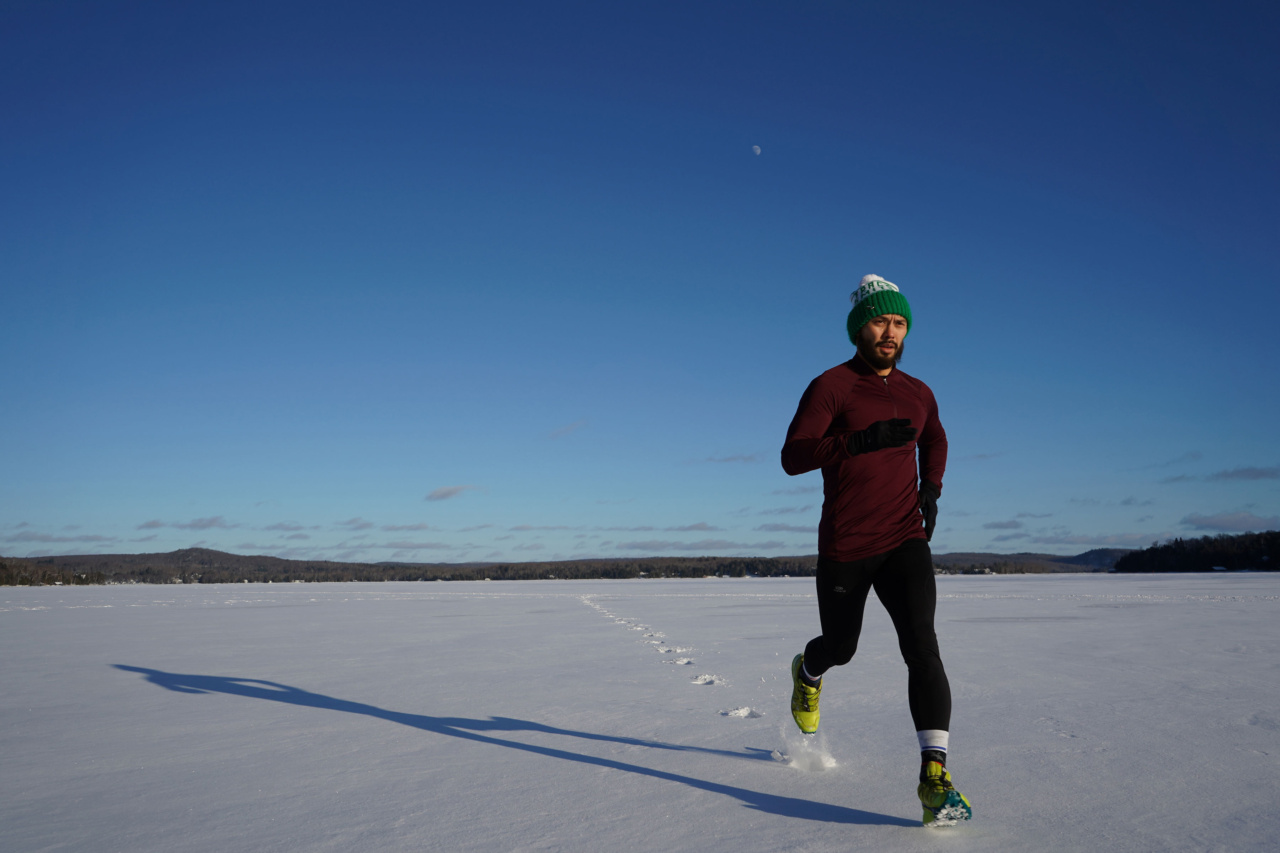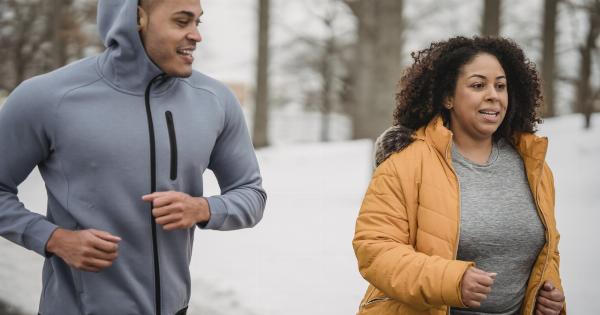Winter has arrived, and the cold weather can make it challenging to stay motivated to exercise. However, staying active during the winter season is essential for your physical and mental health.
In this article, we will provide you with some fitness tips to help you beat the cold this winter.
Dress Appropriately
Wearing the right clothing is essential to stay warm and comfortable during exercise. Layering is crucial to trap heat and regulate body temperature.
You should wear a moisture-wicking base layer, an insulating middle layer, and an outer layer that can protect you from wind and precipitation. You should also cover your head, hands, and feet to prevent heat loss, frostbite, and hypothermia.
Warm-Up and Cool Down
As the temperature drops, it becomes more crucial to warm up before exercising to prevent injury and strain on your muscles and joints. You can warm up by doing some dynamic stretches, such as walking lunges, leg swings, and arm circles.
Cooling down after exercise can also help reduce muscle soreness and improve recovery. You can cool down by doing some static stretches, like hamstring stretches and shoulder stretches.
Indoor Workouts
If you cannot bear the cold weather, you can opt for indoor workouts such as yoga, Pilates, and strength training. These workouts can help you improve your flexibility, balance, strength, and endurance while keeping you warm and cozy.
You can also try cardio machines such as treadmills, ellipticals, and stationary bikes to get a good cardio workout without braving the cold.
Outdoor Activities
If you enjoy outdoor activities, you can still participate in them during the winter season. Some fun and exciting outdoor activities you can try are ice-skating, skiing, snowboarding, and snowshoeing.
These activities can help you improve your cardiovascular fitness, balance, agility, and coordination while enjoying the beauty of winter landscapes.
Stay Hydrated
Even though you may not feel thirsty in cold weather, it is essential to stay hydrated during exercise. You can drink water, herbal tea, or warm soup to keep your body hydrated and nourished.
You can also eat fruits and vegetables that contain high water content, such as oranges, cucumber, and watermelon.
Get Enough Vitamin D
The lack of sunlight during winter can lead to vitamin D deficiency, which can affect your bone health, immune system, and overall wellbeing.
However, you can get enough vitamin D by taking supplements, eating vitamin D-fortified foods like milk and orange juice, or spending some time outdoors during daylight hours.
Find a Workout Partner
Exercising with a partner can provide you with motivation, support, and accountability to stick to your fitness goals. You can join a fitness class, a running group, or a gym with a friend or family member to make exercising more fun and social.
Moreover, exercising with someone else can help you stay safe and warm during outdoor activities.
Track Your Progress
Tracking your progress can help you stay motivated and monitor your achievements. You can use a fitness app, a journal, or a spreadsheet to record your workouts, your performance, and your goals.
By tracking your progress, you can see how far you have come and what areas you need to improve on.
Take Rest Days
Rest days are essential to let your body recover and repair from exercise. During winter, it is even more crucial to allow your body to rest and regenerate.
You can use rest days to practice self-care and relaxation activities such as meditation, massage, or hot baths. Rest days can also help you prevent burnout, overtraining, and injuries.
Conclusion
Winter can be a challenging season for staying active and healthy, but with these fitness tips, you can beat the cold and continue to make progress towards your fitness goals.
Whether you choose to exercise indoors or outdoors, alone, or with a partner, remember to stay safe, hydrated, and motivated. Keep moving and enjoy the winter season to the fullest.






























